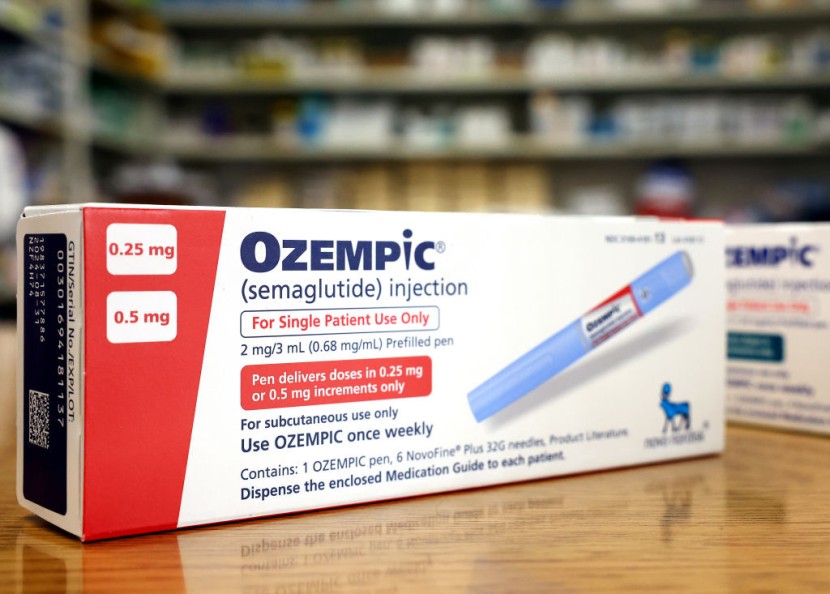In Austria, many individuals were hospitalized after taking what authorities suspect to be fake Ozempic. This highlights concerns about the possible circulation of counterfeit versions of this diabetic medicine across Europe.
This year, Ozempic sprang to fame as several high-profile individuals praised its effectiveness in helping them shed pounds rapidly. The Food and Drug Administration (FDA) gave the medication approval in 2017 for use against diabetes. In 2021, a medicine named Wegovy was authorized that was very similar to Ozempic, except that it included a much greater concentration of the active component semaglutide.
Scarcity Leads to Counterfeit Production

European regulators have recently issued a warning that the increased demand for Ozempic has led to scarcity for diabetic patients, prompting criminal groups to capitalize on the shortage by releasing counterfeit injectable pens into the market.
According to the New York Times, some of the patients in Austria who were given what is believed to be fake Ozempic had severe adverse effects, including hypoglycemia and seizures. Authorities attributed it to the medication containing insulin instead of semaglutide. They said the counterfeit pens, which were one milligram in strength, likely originated from a source other than a pharmacy.
There is a possibility that stocks of the affected batch are still in circulation or that other physicians have obtained this illegal channel, according to the officials' statement. "Patients who have obtained Ozempic pre-filled pens directly from physicians not in charge of in-house pharmacies should contact them immediately."
Two unnamed wholesalers in Britain have been found to be selling Ozempic pens with incorrect labels, according to the regulatory body responsible for overseeing all pharmaceuticals and medical devices in the country. It was confirmed that the pens had been imported to the United Kingdom from reputable sources in Austria and Germany and that all of them had been retrieved before distribution to patients.
In a similar announcement last week, the European Medicines Agency said that it was cooperating with national authorities. The European Union's drug distributors have been made aware of the situation.
Downsides Despite Weight Loss Efficacy
Although Ozempic has been quite successful in helping people lose pounds, it does have some drawbacks. Some patients, doctors say, use Ozempic and similar medicines to achieve rapid weight loss and then feel depressed when they have to stop using them. Other people hit a plateau and stop taking the medicines, at which point they usually start gaining weight again.
There are other risks associated with the medicine despite its ability to help people lose weight. These include premature aging of the face, extreme loss of appetite that may lead to malnutrition, and muscle loss.
Concerns about the drugs may be amplified in elderly people. Experts warn that the elderly are in increased danger of becoming fragile and experiencing fractures and falls the more muscle they lose beyond 65. For continued mobility and autonomy, keeping muscle mass at a steady level is essential.








